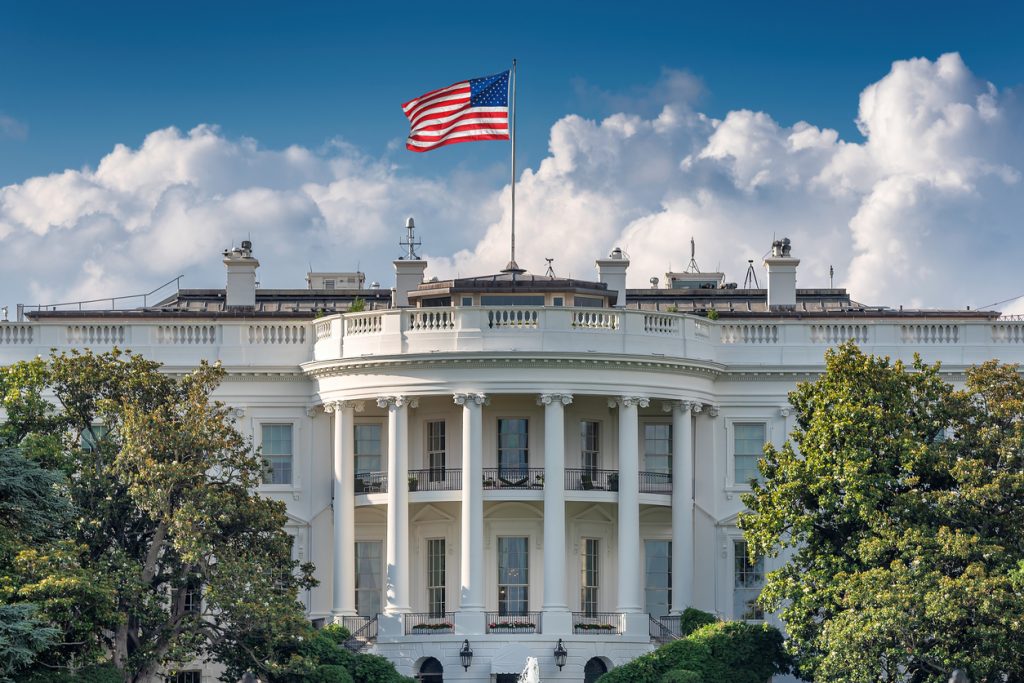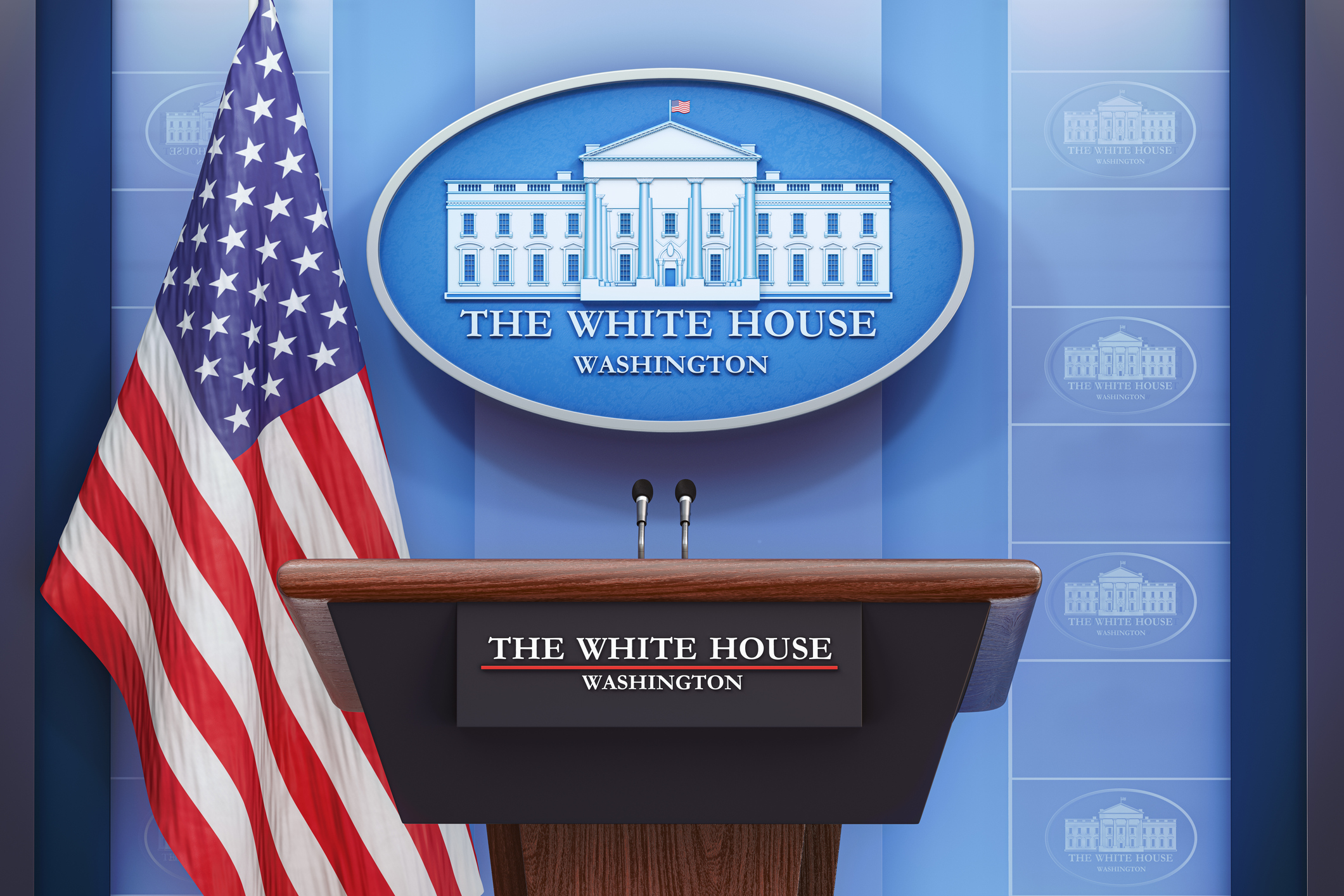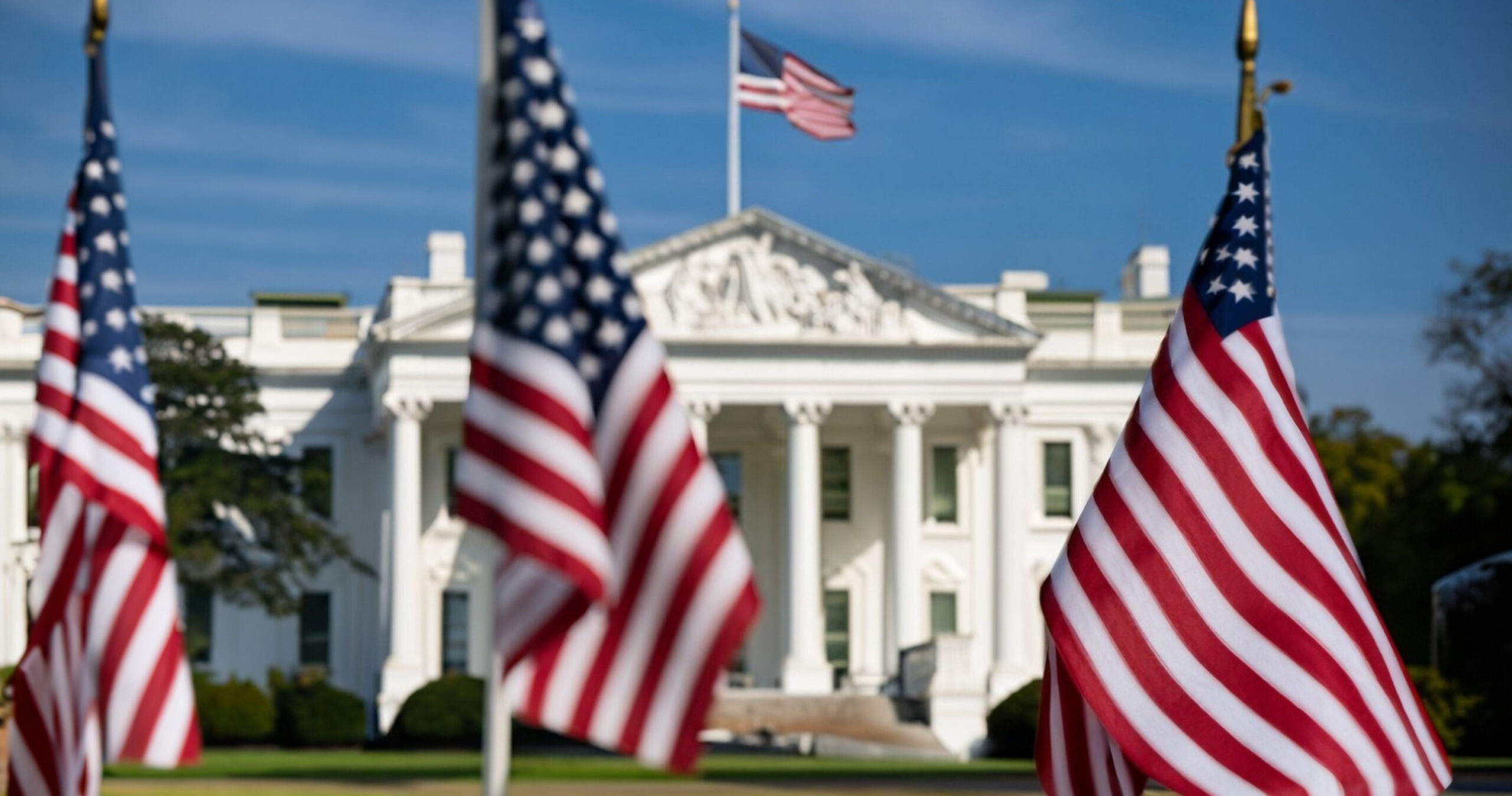
On March 15, 2022, President Joe Biden signed H.R. 2471, the Omnibus Appropriations Package for Fiscal 2022, into law, funding the federal government through September 30, 2022. The $1.5 trillion government funding measure passed boosts non-defense spending by 6.7%, defense funds by 5.6%, and includes earmarks for the first time since their 2011 ban. The omnibus also provided $13.6 billion in emergency funding for Ukraine.
The federal government had been operating under short-term continuing resolutions (CRs). Those CRs had extended FY 2021 funding for over five months, leaving agencies underfunded and uncertain of shutdowns. The measure provides about $1.5 trillion across the twelve regular spending bills, which various Congressional committees had negotiated for months. The omnibus included $730 billion in domestic spending, a 6.7% increase from 2021, and $782 billion in defense spending, a 5.6% increase.
The omnibus also includes other provisions related to synthetic nicotine, cyber incident reporting, Violence Against Women Act programs, intelligence authorizations, EB-5 visas, and foreign policy. It is also the first bicameral funding package to include earmarks—now “community project funding items” and heavily constrained—since they were banned in 2011. The spending package included $13.6 billion in emergency funding for Ukraine, $1 billion for the Advanced Research Projects Agency for Health (ARPA-H), and $150 million for the cleanup of certain per- and polyfluoroalkyl substances on military installations, among other provisions.
The omnibus also fully funded President Joe Biden’s signature infrastructure law—the Infrastructure Investment & Jobs Act (IIJA). The omnibus will allow agencies to start the newest IIJA programs and use their authorized spending. Missing from the legislation is $15.6 billion in emergency funding for the coronavirus pandemic.
UKRAINE AID
The spending package includes about $13.6 billion in emergency funding for Ukraine due to Russia’s invasion. The budget would be in addition to amounts provided elsewhere in the omnibus.
AGRICULTURE-FDA
The Agriculture Department (USDA), Food and Drug Administration (FDA), and related agencies received $224.7 billion in fiscal 2022 regular appropriations. That was $15.5 billion more than the fiscal 2021 level, and $6.96 billion more than the White House requested. Those figures include appropriated mandatory funding for nutrition assistance and crop insurance programs, among other things. Including emergency and advance appropriations, the Agriculture-FDA portion of the agreement provided $234.2 billion. Discretionary funding under the bill would total $25.1 billion.
COMMERCE-JUSTICE-SCIENCE
The Commerce and Justice departments and major science programs received $78.6 billion in fiscal 2022 under the agreement. That amount would be $2.9 billion less than fiscal 2021 and $4.4 billion less than requested.
DEFENSE
The Pentagon received $728.5 billion for fiscal 2022 in the Defense portion of the measure, $32.5 billion more than in fiscal 2021. The funding agreement exceeded the president’s $715 billion budget request for the Defense Department, like the fiscal 2022 National Defense Authorization Act.
The measure eliminated Overseas Contingency Operations funding (OCO) in step with the president’s budget request. Congress used OCO funding to provide funding over now-expired spending caps.
ENERGY & WATER
The Energy Department, Army Corps of Engineers, and related agencies received $55.6 billion in discretionary funding in fiscal 2022. After scorekeeping adjustments, the total would be $52.9 billion, $3.42 billion more than in fiscal 2021, and $752.8 million less requested.
FINANCIAL SERVICES-GENERAL GOVERNMENT
Federal agencies funded by the Financial Services and General Government portion of the spending package received $25.5 billion in discretionary funds for fiscal 2022. That amount is $1.1 billion more than the fiscal 2021 enacted level. The measure totaled $48.1 billion, when including mandatory funds.
HOMELAND SECURITY
The Homeland Security Department received $81.1 billion in total discretionary funding under the agreement. Within its budget allocation, regular funding for DHS is $57.5 billion, $5.6 billion more than the fiscal 2021 enacted level, and $5 billion more than the president’s budget request. The measure also provides $18.8 billion for disaster relief, a $1.66 billion boost. It would allow some agencies to use fees to increase their total funding.
INTERIOR-ENVIRONMENT
The Environmental Protection Agency, Interior Department, and other land management agencies received about $38 billion in fiscal 2022, $1.89 billion more than fiscal 2021. The overall total of the Interior-Environment portion is $137.9 billion when emergency and advance appropriations are included.
LABOR-HHS-EDUCATION
The agreement provided $213.6 billion in discretionary funding under the Labor-HHS-Education portion of the measure, $15.3 billion more than fiscal 2021. Discretionary funding included:
- $108.3 billion for the Health and Human Services Department, an $11.3 billion increase from fiscal 2021.
- $76.4 billion for the Education Department, a $2.9 billion increase.
- $13.2 billion for the Labor Department, a $653 million increase.
When mandatory funding is included for programs such as Medicare and Medicaid, the total is about $1.3 trillion.
LEGISLATIVE BRANCH
The House, Senate, and congressional agencies received $5.9 billion—$625 million or 12% more than in fiscal 2021—under the Legislative Branch portion of the spending agreement.
MILITARY CONSTRUCTION-VA
The Military Construction-Veterans Affairs section of the spending package provided $127.6 billion in discretionary funding, $14.4 billion more than in fiscal 2021.
STATE-FOREIGN OPERATIONS
The State Department and foreign aid programs received $56.1 billion in discretionary funding for fiscal 2022, $595 million more than fiscal 2021.
TRANSPORTATION-HUD
The Transportation Department (DOT), Housing and Urban Development Department (HUD), and related agencies received $157 billion in total budgetary resources for fiscal 2022. That is $20.3 billion more than the fiscal 2021 enacted level.
Latest News
Photo credit: iStock.com/sommart In 2025, state governments across the U.S. are advancing initiatives to improve administrative efficiency and modernize civil service, adopting tailored strategies to better serve residents. Recognizing the importance of adaptability, innovation, and [...]
Photo credit: iStock.com/BackyardProduction Governor Josh Shapiro delivered his 2025-26 budget address, outlining economic initiatives, public safety measures, infrastructure improvements, and education funding. His speech emphasized continued investment in key sectors to strengthen Pennsylvania’s [...]
Photo credit: iStock.com/Bet_Noire On January 20, 2025, Donald Trump was inaugurated as the 47th President of the United States, marking the beginning of a second term in office. Trump immediately set the tone for the [...]
Photo credit: iStock.com/Castle City Creative The U.S. president's cabinet is a cornerstone of the executive branch, serving as the president’s closest advisors and leaders of the federal government’s major departments and agencies. Established through [...]






Stay In Touch